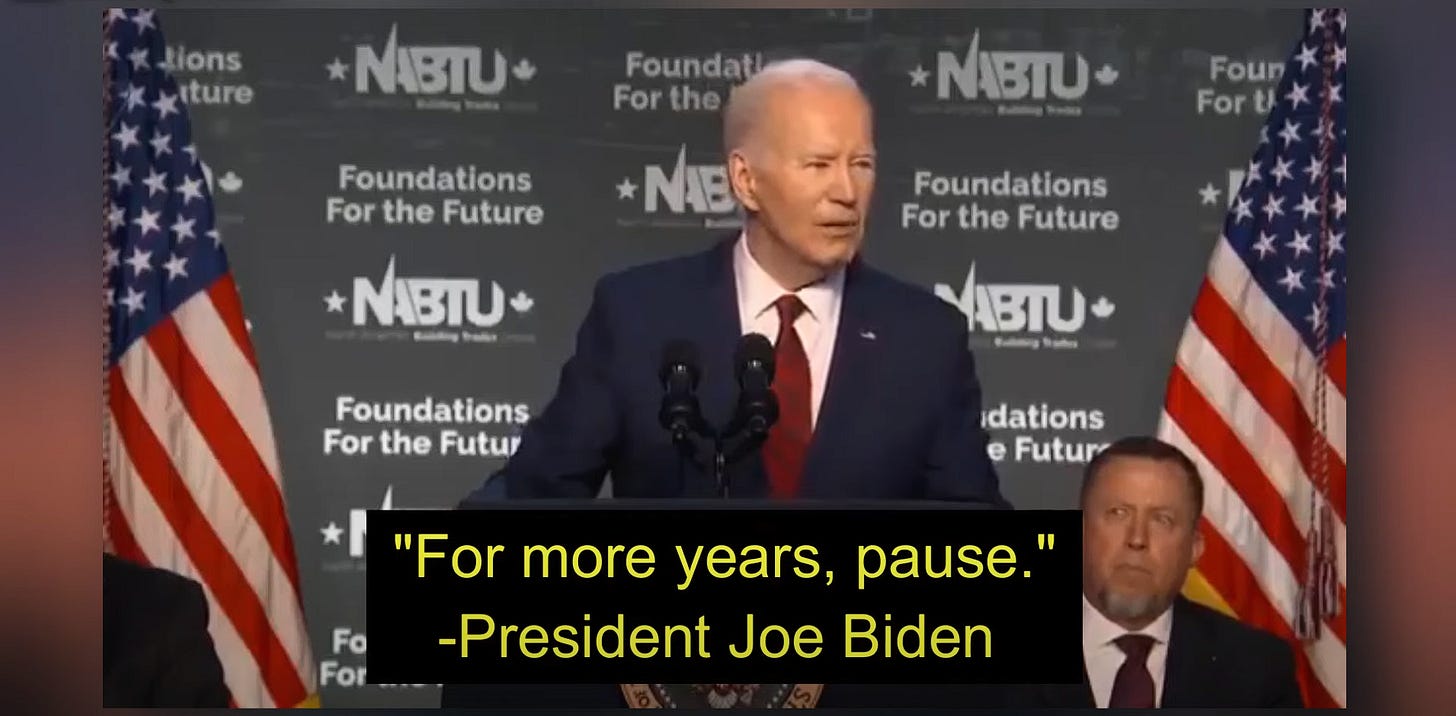#youtubepick College protests somehow got dumber
Campus Activism in the Spotlight: Performative Protests or Genuine Advocacy?
YTer Decoy Voice Take Down
🎓 **Columbia University's Performative Protests**: At Columbia University, students have adopted protest tactics that seem more performative than practical. They've engaged in activities like dancing, which may be more symbolic than substantive in achieving their goals. This could be seen as a misstep if the aim is to effect real policy change.
🤔 **NYU's Protest Confusion**: Over at NYU, there's a notable lack of clarity among protesters about what they're actually protesting. This reflects a broader trend in activism where the performative aspect can sometimes overshadow the substance, leading to questions about the efficacy of such demonstrations.
🔄 **Recurring Uninformed Activism**: There's a recurring theme of protests where participants are not fully versed in the issues they're advocating for. This phenomenon isn't new and can undermine the credibility of movements, as well as the potential for genuine reform.
🏛️ **Academic Involvement and Expense**: Faculty involvement in these protests raises questions about the role of higher education institutions in activism. The high cost of tuition juxtaposed with the teaching of activism at these institutions might warrant a discussion on the value and outcomes of such an education.
📉 **Political Backfire**: The video suggests a parallel between U.S. foreign policy blowback and domestic protest movements. Just as armed groups abroad can turn against U.S. interests, domestic protest groups can become a thorn in the side of the politicians who once supported them, particularly when these groups' goals diverge from the political mainstream.
🎭 **Questionable Impact of Activism**: The performative nature of these protests, such as dancing, is unlikely to sway policymakers. This raises the question of whether such tactics are more about self-expression than influencing decision-makers like President Biden.
🏫 **Nationwide Campus Protests**: The spread of protests to campuses like Harvard, USC, and the University of Texas indicates a national sentiment among students. However, the varied responses from law enforcement suggest that the context and local governance play significant roles in how these protests are managed.
🛡️ **Activist Commitment Called into Question**: The video critiques the protesters for their reluctance to engage directly in the conflicts they protest against. This could be interpreted as a gap between their stated commitments and their willingness to take concrete action.
🍟 **Corporate Protests and Consumer Choices**: The mention of protests against McDonald's for its alleged contributions to war efforts touches on the intersection of consumerism and activism. The narrator's decision to patronize McDonald's in response to the protests could be seen as a critique of what some might call 'slacktivism'—a form of activism that is easy to perform but may not lead to substantial change.
In the style of Yglesias, this summary might be seen as a call for a more pragmatic approach to activism—one that prioritizes clear goals, informed participation, and strategies that have a realistic chance of influencing policy over symbolic gestures.



